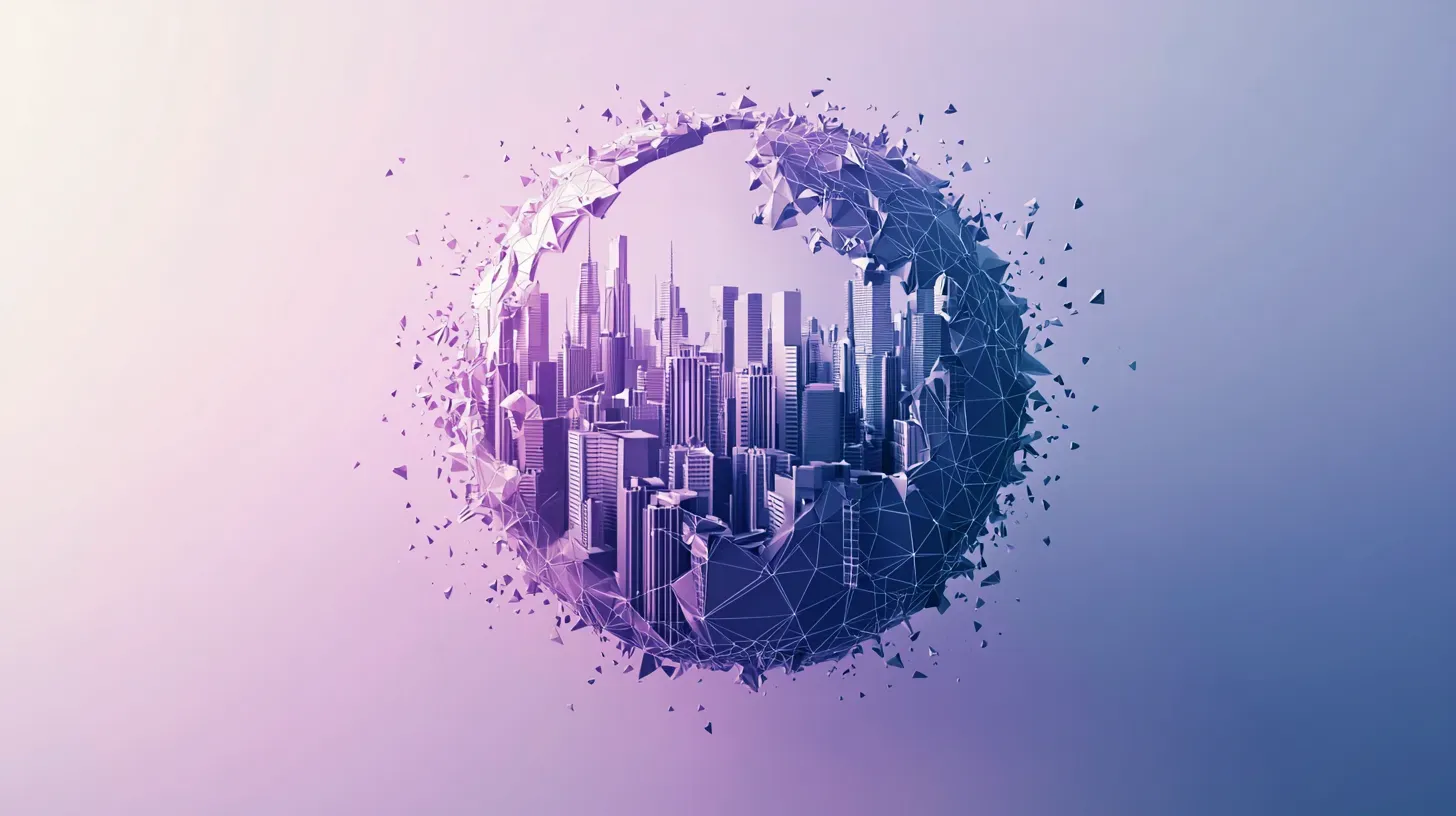AI: The New Face of Global Inequality?

If AI innovation continues unchecked, we might not just face economic inequality; we could be engineering it into our future.
As artificial intelligence rapidly evolves, the economic divide between wealthy and poorer nations may widen dramatically. While richer countries with aging populations lean on AI to replace a shrinking workforce, lower-income nations still grapple with unemployment and underdeveloped economies.
AI, developed for labor shortages in affluent nations, may exacerbate job insecurity in countries that desperately need employment. The focus on AI-driven efficiency risks sidelining solutions to global challenges like climate resilience and education. Without deliberate efforts from governments and institutions, AI will follow profit-driven paths, benefiting the wealthy while leaving others behind.
What if we prioritized using AI to uplift marginalized regions, instead of merely increasing profits in affluent markets? Is it time to rethink the incentives driving AI development, or are we content with deepening inequality for the sake of efficiency?
Read the full article on MIT Technology Review.
----
💡 We're entering a world where intelligence is synthetic, reality is augmented, and the rules are being rewritten in front of our eyes.
Staying up-to-date in a fast-changing world is vital. That is why I have launched Futurwise; a personalized AI platform that transforms information chaos into strategic clarity. With one click, users can bookmark and summarize any article, report, or video in seconds, tailored to their tone, interests, and language. Visit Futurwise.com to get started for free!






